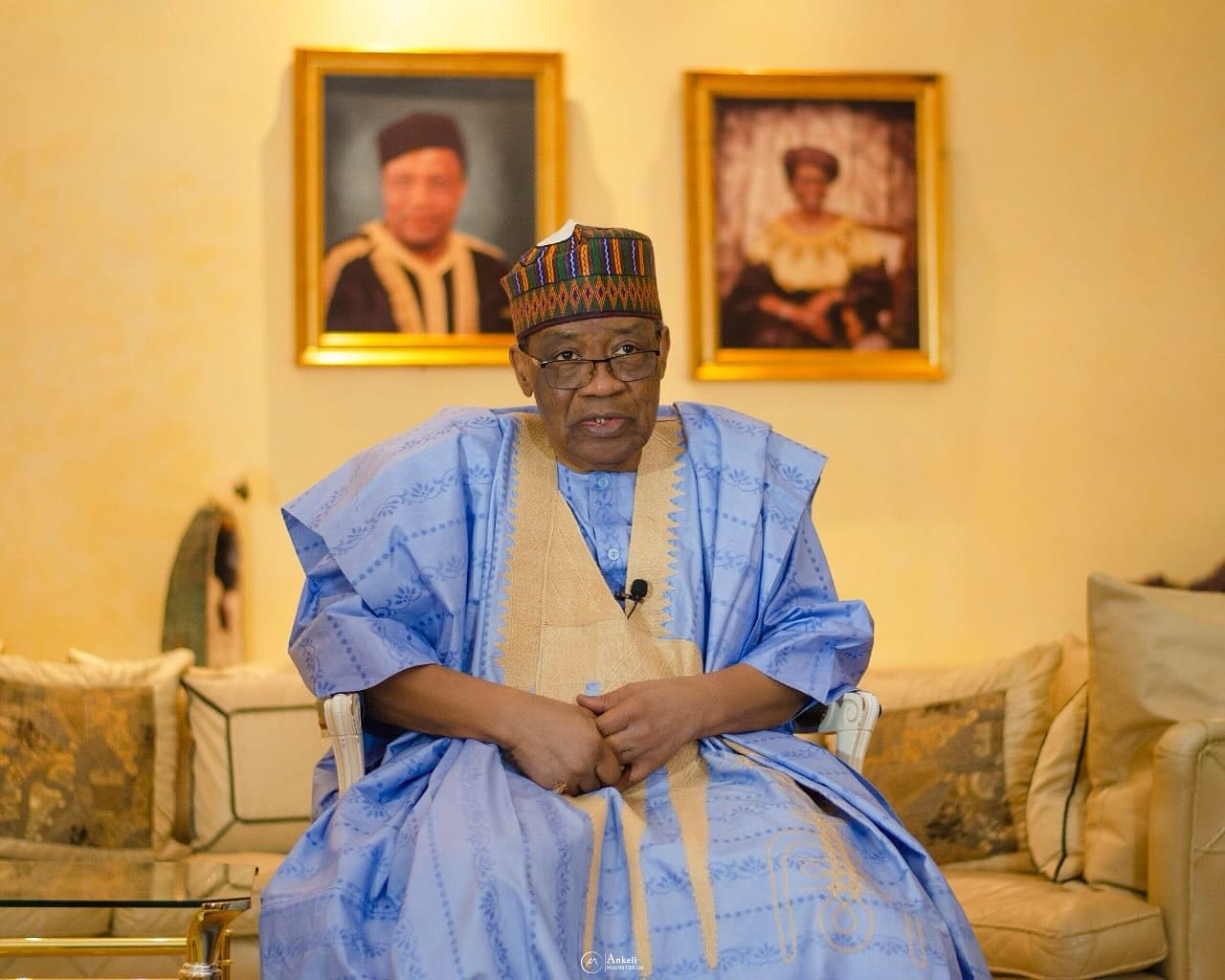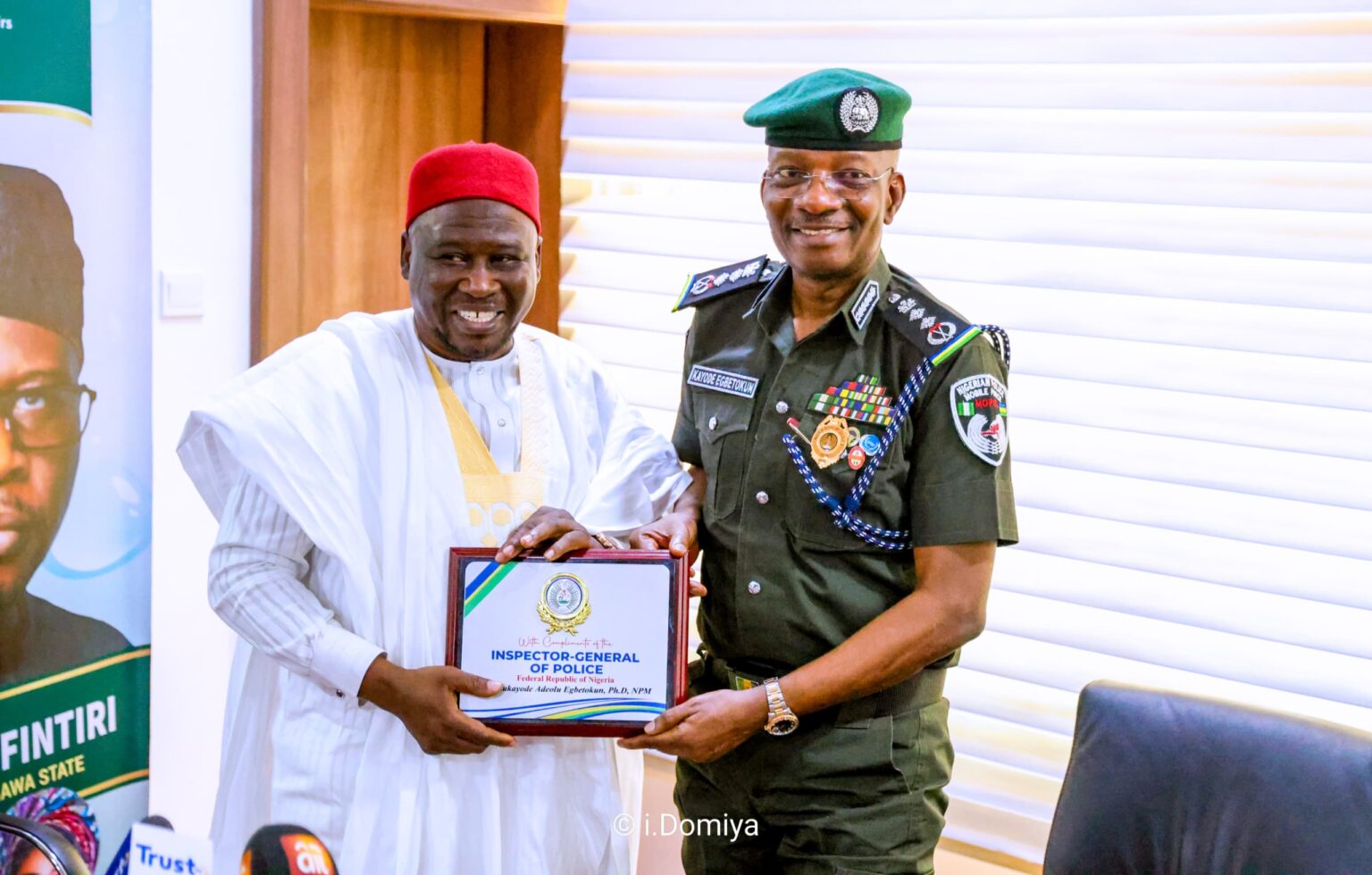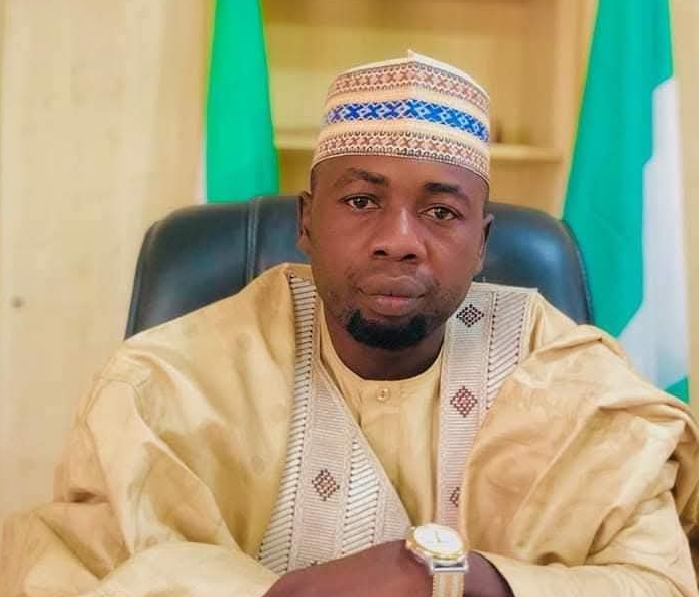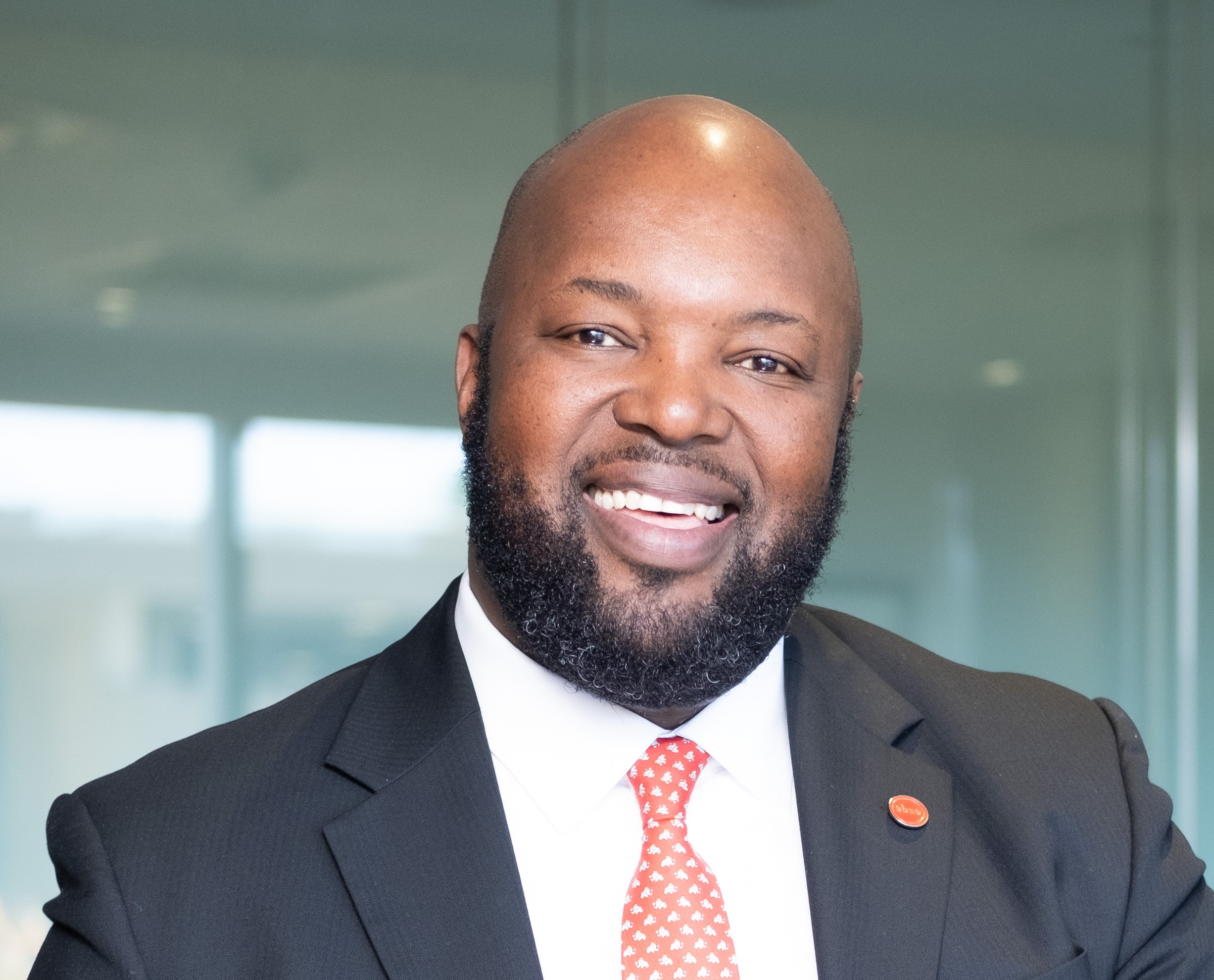
In a striking moment of reflection, Nigeria’s former military president, General Ibrahim Badamasi Babangida (IBB), has issued a long-awaited apology for one of the country’s most contentious political events—the annulment of the June 12, 1993, presidential election. This admission came during the launch of his memoir, A Journey in Service, in Abuja, where he acknowledged the annulment as a regrettable chapter in Nigeria’s history.
With a tone of solemnity, Babangida took full responsibility for the decision, conceding that his government’s actions disrupted Nigeria’s transition to democracy. However, he maintained that the move was taken in the “supreme national interest,” a justification that has long been met with skepticism by democracy advocates and historians.
The annulment of the June 12 election—widely regarded as the most credible in Nigeria’s history—denied Chief Moshood Kashimawo Olawale (MKO) Abiola the presidency, plunging the nation into political turmoil and paving the way for prolonged military rule. For years, Babangida’s role in this historic reversal has been a subject of fierce debate, with many questioning whether the decision was truly for national security or an act of political self-preservation.
Despite the turmoil that followed, Babangida expressed relief that democracy eventually prevailed in Nigeria, viewing its survival as a testament to his regime’s ultimate commitment to national progress. “We made mistakes, but we also laid foundations,” he remarked, a statement that underscores the complexities of his administration’s legacy.
The apology, while significant, raises questions about whether it is enough to reconcile the wounds inflicted by the annulment. For many Nigerians, especially those who lived through the repression that followed, the scars of June 12 remain fresh. MKO Abiola’s eventual death in detention cemented June 12 as a symbol of democracy’s resilience, a struggle later acknowledged when the Nigerian government officially recognized June 12 as Democracy Day in 2018.
Babangida’s apology may mark a moment of reckoning, but it does not rewrite history. It serves as a reminder that Nigeria’s democratic journey has been fraught with setbacks, yet its people have continually fought for governance that reflects their will. As the country moves forward, the lessons of June 12 remain crucial—a testament to both the cost of political miscalculations and the unyielding spirit of Nigerians in pursuit of true democracy.







